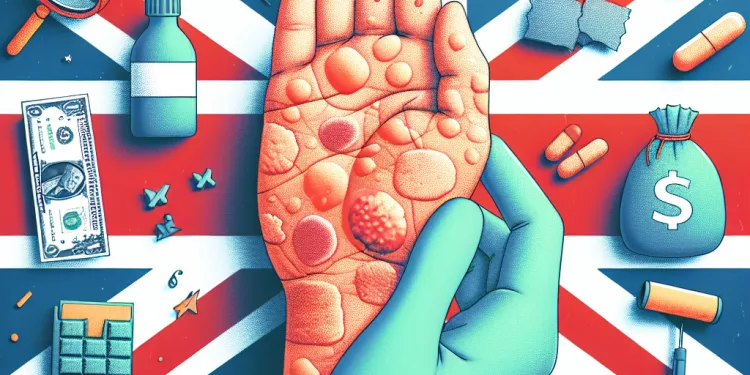
Find A Professional
More Items From Ergsy search
-
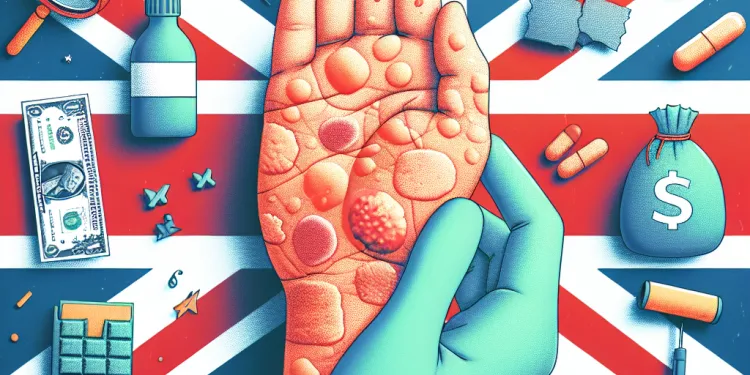
What causes psoriasis?
Relevance: 100%
-

What is psoriasis?
Relevance: 94%
-
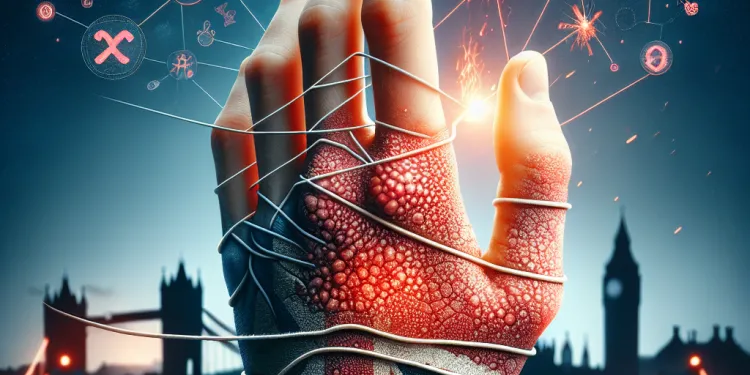
Can stress trigger psoriasis flare-ups?
Relevance: 84%
-

Can diet affect psoriasis?
Relevance: 78%
-

Psoriasis | NHS
Relevance: 74%
-

What role do lifestyle changes play in managing psoriasis?
Relevance: 73%
-

How is psoriasis diagnosed?
Relevance: 72%
-
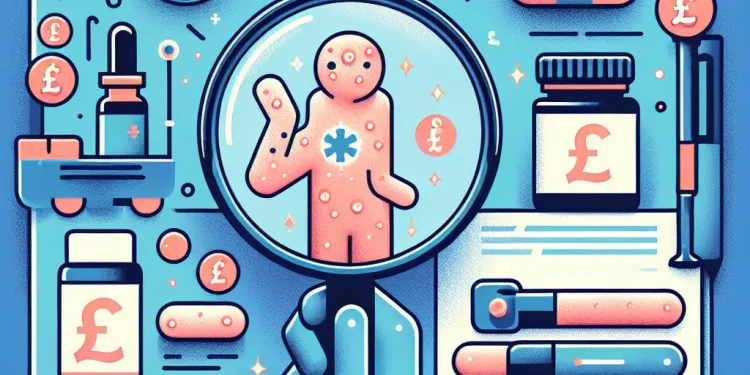
Is there a cure for psoriasis?
Relevance: 71%
-
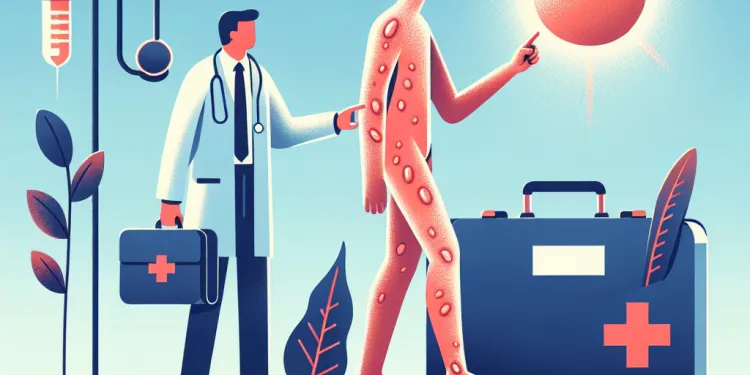
When should I see a doctor for psoriasis?
Relevance: 62%
-

Are there home remedies for psoriasis?
Relevance: 60%
-

What are topical treatments for psoriasis?
Relevance: 56%
-

How to treat psoriasis
Relevance: 55%
-

What are systemic medications for psoriasis?
Relevance: 53%
-
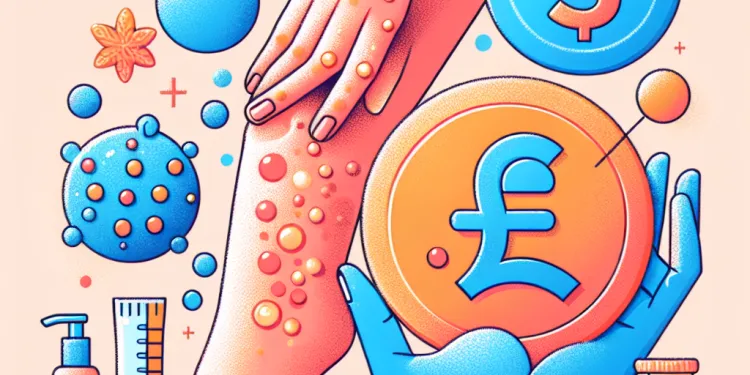
What treatment options are available for psoriasis?
Relevance: 49%
-

Treating scalp psoriasis
Relevance: 44%
-

What causes Carpal Tunnel Syndrome?
Relevance: 42%
-

Do all plants produce pollen that causes hay fever?
Relevance: 40%
-

Causes of a sore throat
Relevance: 39%
-
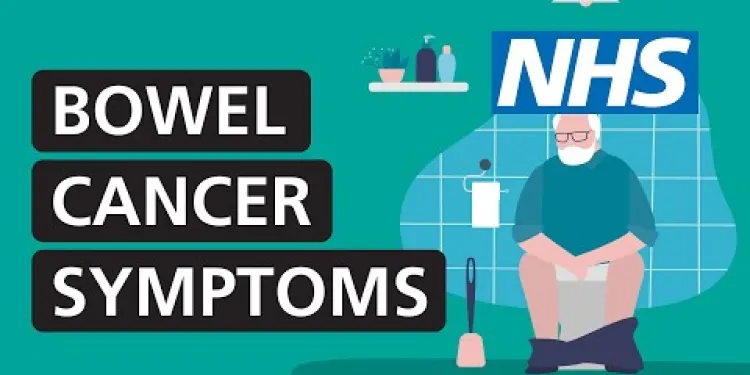
Bleeding from the bottom rectal bleeding
Relevance: 37%
-
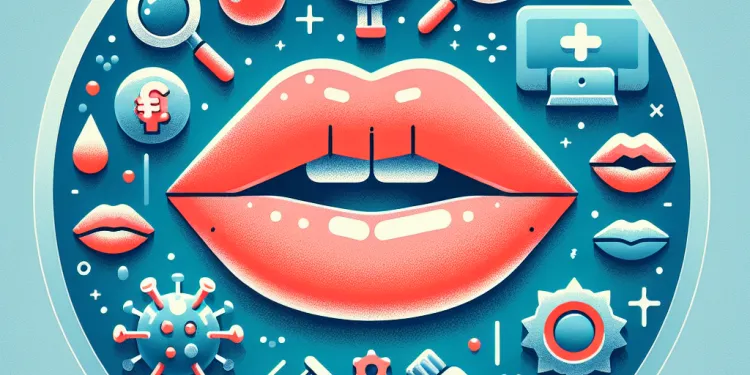
What causes cold sores?
Relevance: 35%
-

What causes autism?
Relevance: 33%
-

How important is it to keep the skin moisturised with psoriasis?
Relevance: 33%
-
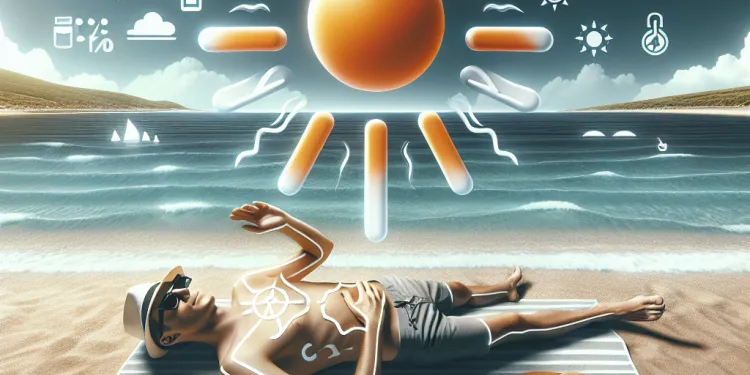
Can sunburns cause permanent damage?
Relevance: 33%
-
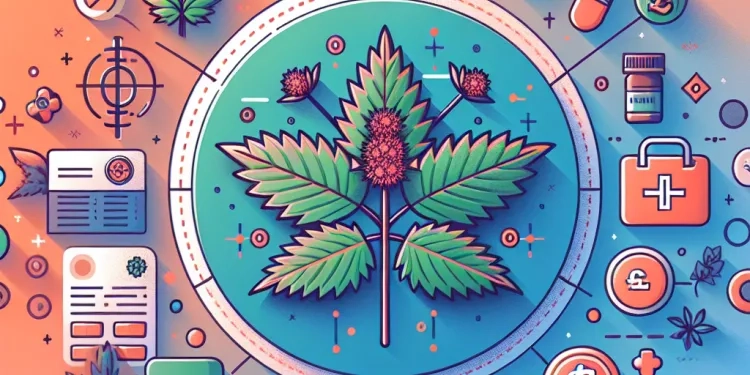
What causes nettle rash?
Relevance: 32%
-

Can phototherapy help with psoriasis?
Relevance: 32%
-

How to treat earache | NHS
Relevance: 31%
-

Can over-the-counter treatments help with psoriasis?
Relevance: 30%
-
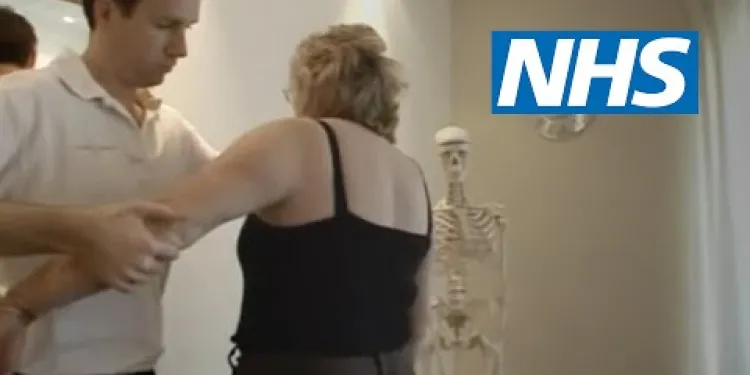
Shoulder pain | NHS
Relevance: 30%
-

What Causes Erectile Dysfunction (ED) - Disease or Symptom - NHS A to Z - Dr Gill
Relevance: 29%
-

Can concussions occur without a direct blow to the head?
Relevance: 28%
-

What causes obstructive sleep apnea?
Relevance: 28%
-

What causes appendicitis?
Relevance: 28%
-

What causes chronic kidney disease?
Relevance: 27%
-

Stammering: myths about the cause of stammering
Relevance: 27%
-

What causes asthma?
Relevance: 27%
-

What is a bubo?
Relevance: 27%
-

Can cold weather cause a cold?
Relevance: 26%
-
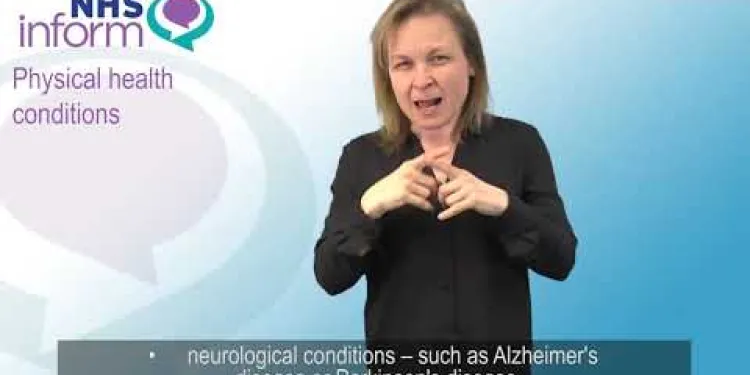
BSL - Causes of insomnia
Relevance: 26%
-

What causes Crohn's disease?
Relevance: 25%
-

What causes concussions in rugby?
Relevance: 25%
Understanding the Causes of Psoriasis
Psoriasis is a chronic skin condition characterised by red, flaky, crusty patches of skin covered with silvery scales. These patches usually appear on the elbows, knees, scalp and lower back, but can appear anywhere on the body. The severity of psoriasis varies greatly from person to person.
The exact cause of psoriasis is not fully understood, but it is believed to be linked to a problem with the immune system. The condition occurs when the immune system mistakenly attacks healthy skin cells, leading to an increased production of skin cells. In a typical skin renewal process, skin cells are replaced every three to four weeks; however, with psoriasis, this process occurs every three to seven days, causing a build-up of skin cells.
Genetic Factors
Genetics play a significant role in the development of psoriasis. The condition tends to run in families, suggesting a hereditary aspect. If a parent has psoriasis, there is an increased risk that their children might develop the condition. Researchers have identified several genes that may contribute to the development of psoriasis, although it is likely that a combination of genetic mutations is responsible for triggering the disease.
Immune System and Psoriasis
The immune system is central to the development of psoriasis. The condition is classified as an autoimmune disorder, meaning the body's immune system attacks its own tissues. In psoriasis, T cells, which are a type of white blood cell, become overactive. These T cells attack healthy skin cells, as if they were fighting an infection or healing a wound. This triggers the rapid turnover of skin cells, leading to the symptoms of psoriasis.
Environmental Triggers
Although genetic predisposition is significant, environmental factors can act as triggers for psoriasis flare-ups. Common triggers include stress, skin injuries such as cuts or sunburn, and certain medications like beta-blockers and lithium. Infections, particularly streptococcal throat infections, can also trigger psoriasis in some individuals.
Lifestyle and Other Risk Factors
Unhealthy lifestyle choices can exacerbate psoriasis symptoms. Smoking, excessive alcohol consumption, and obesity are recognised as risk factors that can worsen symptoms. Maintaining a healthy lifestyle with a balanced diet and avoiding known triggers can help manage the condition more effectively.
Conclusion
While there is no cure for psoriasis, understanding its causes and managing triggers can help those affected by the condition. With proper diagnosis and treatment, people with psoriasis can lead a healthy and active life. If you suspect you have psoriasis, it is important to consult a healthcare provider for an accurate diagnosis and appropriate management strategies.
Why Does Psoriasis Happen?
Psoriasis is a skin problem. It makes red, flaky patches on the skin. These patches have silver scales on top. They often appear on the elbows, knees, head, and back. But they can show up anywhere on your body. Psoriasis can be mild or very noticeable. It is different for each person.
Doctors are not sure why psoriasis happens. They think it is because of a problem with the body's defense system (immune system). In psoriasis, the body attacks its own skin cells by mistake. This makes the skin produce new cells too quickly. Normally, skin cells change every three to four weeks. In psoriasis, it happens every three to seven days. This causes the skin to pile up.
Family Causes
Psoriasis can run in families. This means if your mom or dad has psoriasis, you might get it too. Scientists found some genes that might cause psoriasis. But it is probably many different genes working together.
The Immune System and Psoriasis
The body's defense system (immune system) is very important in psoriasis. Psoriasis is an "autoimmune disorder." This means the body attacks itself. In psoriasis, special cells called T cells attack the skin. They act like the skin is hurt or sick. This makes the skin make new cells too fast and causes the psoriasis patches.
Things in the Environment
Some things around us can make psoriasis worse. These are called triggers. Stress, cuts, and sunburn can be triggers. Some medicines might make psoriasis worse too. Another trigger can be a sore throat illness called a streptococcal infection.
Ways of Living and Other Reasons
Living an unhealthy life can make psoriasis worse. Smoking, drinking too much alcohol, and being overweight are not good for psoriasis. Eating well and staying away from triggers can help keep psoriasis from getting worse.
Ending Thoughts
There is no way to make psoriasis completely go away. But, if you know what causes it and what makes it worse, you can handle it better. By getting the right checks and treatment, people with psoriasis can have a good life. If you think you have psoriasis, talk to a doctor. They can help you understand what to do.
Frequently Asked Questions
What is psoriasis?
Psoriasis is a chronic autoimmune condition that causes the rapid growth and accumulation of skin cells, leading to thickened, scaly patches on the skin.
What causes psoriasis?
The exact cause of psoriasis is not fully understood, but it is believed to involve a combination of genetic, immune, and environmental factors.
Is psoriasis hereditary?
Psoriasis can run in families, suggesting a genetic component. People with a family history of psoriasis are more likely to develop the condition.
How does the immune system contribute to psoriasis?
In psoriasis, the immune system mistakenly attacks healthy skin cells, speeding up their life cycle and causing them to build up rapidly on the skin's surface.
Can infections trigger psoriasis?
Yes, infections, particularly streptococcal throat infections, can trigger or worsen psoriasis in some individuals, especially in children.
Does stress play a role in psoriasis flare-ups?
Stress is known to trigger or exacerbate psoriasis in many individuals, as it can affect the immune system and skin inflammation.
Can skin injuries lead to psoriasis?
Injury to the skin, such as cuts, scrapes, or sunburn, can sometimes trigger the development of psoriasis in a phenomenon known as the Koebner response.
How do climate and weather affect psoriasis?
Cold, dry weather can worsen psoriasis symptoms, while sunlight and humid conditions may help improve the condition.
Can certain medications trigger psoriasis?
Yes, medications such as lithium, beta-blockers, and antimalarials have been known to trigger or aggravate psoriasis in some people.
Is there a link between smoking and psoriasis?
Smoking is a known risk factor for developing psoriasis and can also exacerbate existing psoriasis symptoms.
Can alcohol consumption affect psoriasis?
Excessive alcohol consumption can trigger psoriasis flare-ups and worsen the condition in some individuals.
Is obesity related to psoriasis?
Obesity can increase the risk of developing psoriasis and is associated with more severe symptoms.
What role do hormones play in psoriasis?
Hormonal changes, such as those during puberty or menopause, can influence psoriasis and its severity.
Can diet impact psoriasis?
While no specific diet is proven to affect psoriasis directly, some individuals find that certain dietary adjustments can help manage their symptoms.
Are there any environmental factors that can trigger psoriasis?
Yes, environmental factors such as pollution, allergens, and chemicals can contribute to the onset or worsening of psoriasis.
Can psoriasis affect mental health?
Psoriasis can impact mental health due to its visible nature and chronic discomfort, leading to issues such as anxiety and depression in some individuals.
Are there different types of psoriasis?
Yes, there are several types of psoriasis, including plaque psoriasis, guttate psoriasis, inverse psoriasis, pustular psoriasis, and erythrodermic psoriasis, each with varying triggers and symptoms.
Is there a cure for psoriasis?
Currently, there is no cure for psoriasis, but various treatments are available to help manage symptoms and improve quality of life.
How is psoriasis diagnosed?
Psoriasis is usually diagnosed by a physical examination of the skin. In some cases, a biopsy may be performed to confirm the diagnosis.
What are the treatment options for psoriasis?
Treatment options include topical treatments, phototherapy, systemic medications, and biologics, which aim to reduce inflammation and slow down the growth of skin cells.
What is psoriasis?
Psoriasis is a problem with the skin. It can make the skin red, dry, and itchy.
Some people get thick, scaly patches on their skin. These patches can be painful.
If you have psoriasis, it is important to see a doctor for help.
Using a moisturizer can help make your skin feel better.
Psoriasis is a long-lasting skin problem. It makes skin cells grow too fast. This causes thick, scaly patches on the skin.
What makes psoriasis happen?
Psoriasis is when your skin gets red and itchy. Scientists think it happens because the body is working too hard to fight germs. This makes the skin change too quickly.
If you have psoriasis, don't worry! Doctors can help with creams and medicines. Talking to a doctor is a good idea.
It can help to use special lotions or take warm baths to feel better. Ask a grown-up to help you find these things.
We do not know exactly what causes psoriasis. But we think it happens because of genes, the body's defense system, and things around us.
Is psoriasis passed down from parents?
Psoriasis can run in families. This means if your parents have it, you might have it too.
If you want to learn more, you can:
- Ask your doctor.
- Look at easy-to-read websites about psoriasis.
- Use pictures or videos to help you understand.
Psoriasis can happen in families. It might come from genes. If your family has psoriasis, you are more likely to get it too.
Use tools like a reading pen or ask someone for help if you need it.
How does the body's defense system affect psoriasis?
The body's defense system helps you fight germs and stay healthy.
Sometimes, the defense system can get confused.
When this happens, it may attack your own skin by mistake.
This can cause red, scaly patches on the skin. This is called psoriasis.
If you have psoriasis, talking to a doctor can help.
Using gentle skin cream can make your skin feel better.
In psoriasis, the body's defense system makes a mistake. It thinks healthy skin cells are bad and attacks them. This makes skin cells grow too fast and pile up on the skin.
Can getting sick make psoriasis start?
Yes, an infection, like a strep throat, can start or make psoriasis worse for some people. This happens often in children.
Can stress make psoriasis worse?
Psoriasis is a skin problem. It can get worse sometimes.
Stress is when you feel worried or nervous. Some people think stress can make psoriasis worse.
Relaxing and being calm might help you feel better. Here are some tips:
- Take deep breaths.
- Listen to music.
- Talk to someone you trust.
- Try yoga or gentle exercises.
If you feel very stressed, a doctor or counselor can help.
Stress can make a skin problem called psoriasis worse. It can also cause it to start. This is because stress can change how your body fights germs and how your skin looks.
Can a cut on the skin cause psoriasis?
Your skin can get hurt in different ways. You might get cuts, scrapes, or sunburn. These hurts can sometimes make a skin problem called psoriasis start. This is known as the Koebner response.
To help understand big words, you can:
- Use a dictionary or an online tool like Google to find word meanings.
- Ask someone you trust to explain tricky words.
- Look at images or videos that show skin problems to learn more.
How do weather and climate change psoriasis?
The weather and where you live can change your skin. Psoriasis is a skin problem. Let's see how weather affects it:
- Cold Weather: Your skin might become dry and itchy.
- Warm Weather: Sunshine can help some people feel better.
- Humidity: Wet air can make skin feel good, but not damp clothes.
Here are some tips to help with psoriasis:
- Use lotion to keep your skin soft.
- Wear comfortable clothes.
- Protect your skin from the sun.
If you have questions, talk to a doctor. They can help you find what works best for you.
Cold and dry weather can make psoriasis worse. But sunshine and damp weather might help make it better.
Can some medicines cause psoriasis?
Some medicines can make psoriasis happen or get worse. Psoriasis is when your skin gets red and scaly. Always talk to your doctor if you notice changes in your skin after starting a new medicine.
- Ask your doctor about your medicines.
- Keep a diary of any skin changes.
- Use apps or reminders to track your symptoms.
Yes, some medicines can make psoriasis worse. These medicines include lithium, beta-blockers, and antimalarials.
Does smoking cause skin problems like psoriasis?
Smoking can hurt your skin. It might make skin problems like psoriasis worse. If you have psoriasis, not smoking might help your skin.
Smoking can make skin problems like psoriasis worse. It can also make it more likely for people to get psoriasis in the first place.
If you want to learn more about psoriasis or how to stop smoking, talk to a doctor. They can help you find easy ways to quit smoking, like using special chewing gum or patches.
Can drinking alcohol make psoriasis worse?
Psoriasis is a skin problem. It makes your skin red and flaky.
Drinking alcohol can make psoriasis worse. It can make your skin more red and itchy.
If you have psoriasis, it might be good to drink less alcohol or stop drinking.
Talking to a doctor can help. They can give you tips on how to take care of your skin.
Drinking too much alcohol can make psoriasis worse for some people. It can cause skin problems to flare up.
Does being very overweight cause skin problems?
Being very overweight can make it more likely for someone to get a skin problem called psoriasis. It can also make the symptoms worse.
How do hormones affect psoriasis?
Psoriasis is a skin problem that can make your skin red and itchy.
Hormones are special chemicals in your body that help it work.
Changes in hormones can make psoriasis better or worse.
When kids become teens, or when women have babies, their hormone levels change. This might change their psoriasis too.
If you have psoriasis, it can help to talk to a doctor. They can tell you what might make it better.
Using special lotions and talking to a specialist can also help.
Changes in hormones, like during puberty or menopause, can make psoriasis worse.
Can the food you eat change psoriasis?
No special food plan has been proven to change psoriasis. But some people find that changing what they eat can help with their symptoms.
Can things around us make psoriasis start?
Yes, things like dirty air, things that cause allergies, and strong chemicals can make psoriasis start or get worse.
Can psoriasis affect how I feel?
Psoriasis can affect how people feel. It shows up on the skin and can be uncomfortable. Some people might feel worried or sad because of it.
Are there different kinds of psoriasis?
Psoriasis is a skin condition. It makes patches on the skin that can be red, itchy, and scaly. Yes, there are different kinds of psoriasis.
Here are some kinds:
- Plaque psoriasis: This is the most common kind. It makes thick, red patches on the skin with a silver-like scale on top.
- Guttate psoriasis: This kind looks like small, red spots on the skin. It often happens after a sore throat.
- Inverse psoriasis: This kind makes smooth, red patches in places where the skin folds, like under the arms.
- Pustular psoriasis: This kind makes white blisters with pus. The skin around them is red.
- Erythrodermic psoriasis: This kind is rare and very serious. It makes the skin very red all over the body.
If you have psoriasis or think you might have it, it is important to see a doctor. They can help you find the right treatment. Sometimes a cream or lotion can help. Other times, medicine from a doctor may be needed.
Some tools or tips to help understand more about psoriasis:
- Look at pictures of the different kinds. It can help you know what they look like.
- Ask a nurse or doctor lots of questions. They can explain in a way that's easy to understand.
- Find a support group. Talking to others can help you learn and feel better.
Yes, there are different kinds of psoriasis. They are:
- Plaque psoriasis
- Guttate psoriasis
- Inverse psoriasis
- Pustular psoriasis
- Erythrodermic psoriasis
Each type has its own causes and signs. If you have trouble reading, you can ask someone to help you or use a reading assistant tool.
Can psoriasis be fixed?
Psoriasis is a skin problem. It makes your skin red and itchy.
Right now, doctors can't completely fix psoriasis. But there are medicines that can help you feel better.
If you have psoriasis, talk to your doctor. They can tell you what is best for you.
It can also help to use skin cream, eat healthy food, and avoid stress.
If reading is hard, you can ask someone to read this to you. You can also use audiobooks or text-to-speech tools.
Right now, there is no way to make psoriasis go away completely. But there are different treatments that can help feel better and do things more easily.
How do doctors find out if you have psoriasis?
Doctors look for red, scaly spots on your skin. They might also ask you questions about your family's health and use a tool called a biopsy, which tests a small bit of skin.
If you have a hard time understanding things, you can ask someone to help you read or use pictures to learn more.
Doctors look at your skin to see if you have psoriasis. Sometimes, they might take a tiny piece of your skin to be extra sure.
What treatments can help with psoriasis?
Treatment choices include skin creams, light therapy, pills, and special medicine that help calm the skin and make skin cells grow slower.
Useful Links
- Ergsy carfully checks the information in the videos we provide here.
- Videos shown by Youtube after a video has completed, have NOT been reviewed by ERGSY.
- To view, click the arrow in centre of video.
- Most of the videos you find here will have subtitles and/or closed captions available.
- You may need to turn these on, and choose your preferred language.
- Go to the video you'd like to watch.
- If closed captions (CC) are available, settings will be visible on the bottom right of the video player.
- To turn on Captions, click settings .
- To turn off Captions, click settings again.
More Items From Ergsy search
-

What causes psoriasis?
Relevance: 100%
-

What is psoriasis?
Relevance: 94%
-

Can stress trigger psoriasis flare-ups?
Relevance: 84%
-

Can diet affect psoriasis?
Relevance: 78%
-

Psoriasis | NHS
Relevance: 74%
-

What role do lifestyle changes play in managing psoriasis?
Relevance: 73%
-

How is psoriasis diagnosed?
Relevance: 72%
-

Is there a cure for psoriasis?
Relevance: 71%
-

When should I see a doctor for psoriasis?
Relevance: 62%
-

Are there home remedies for psoriasis?
Relevance: 60%
-

What are topical treatments for psoriasis?
Relevance: 56%
-

How to treat psoriasis
Relevance: 55%
-

What are systemic medications for psoriasis?
Relevance: 53%
-

What treatment options are available for psoriasis?
Relevance: 49%
-

Treating scalp psoriasis
Relevance: 44%
-

What causes Carpal Tunnel Syndrome?
Relevance: 42%
-

Do all plants produce pollen that causes hay fever?
Relevance: 40%
-

Causes of a sore throat
Relevance: 39%
-

Bleeding from the bottom rectal bleeding
Relevance: 37%
-

What causes cold sores?
Relevance: 35%
-

What causes autism?
Relevance: 33%
-

How important is it to keep the skin moisturised with psoriasis?
Relevance: 33%
-

Can sunburns cause permanent damage?
Relevance: 33%
-

What causes nettle rash?
Relevance: 32%
-

Can phototherapy help with psoriasis?
Relevance: 32%
-

How to treat earache | NHS
Relevance: 31%
-

Can over-the-counter treatments help with psoriasis?
Relevance: 30%
-

Shoulder pain | NHS
Relevance: 30%
-

What Causes Erectile Dysfunction (ED) - Disease or Symptom - NHS A to Z - Dr Gill
Relevance: 29%
-

Can concussions occur without a direct blow to the head?
Relevance: 28%
-

What causes obstructive sleep apnea?
Relevance: 28%
-

What causes appendicitis?
Relevance: 28%
-

What causes chronic kidney disease?
Relevance: 27%
-

Stammering: myths about the cause of stammering
Relevance: 27%
-

What causes asthma?
Relevance: 27%
-

What is a bubo?
Relevance: 27%
-

Can cold weather cause a cold?
Relevance: 26%
-

BSL - Causes of insomnia
Relevance: 26%
-

What causes Crohn's disease?
Relevance: 25%
-

What causes concussions in rugby?
Relevance: 25%